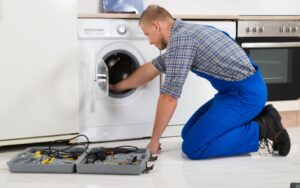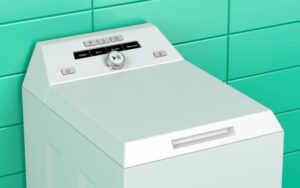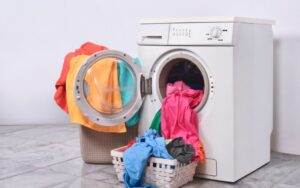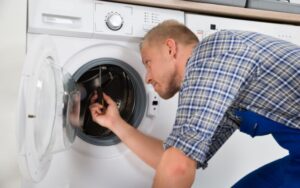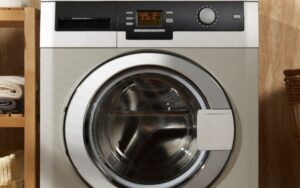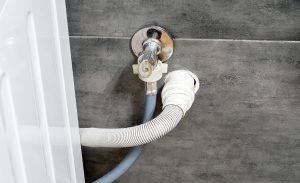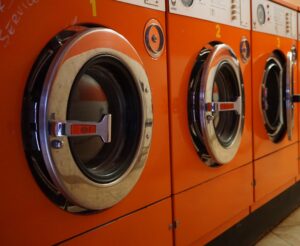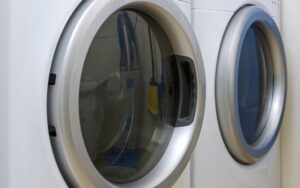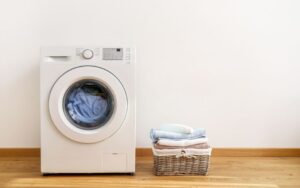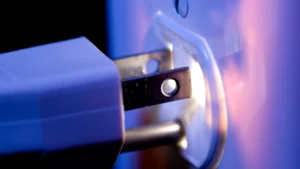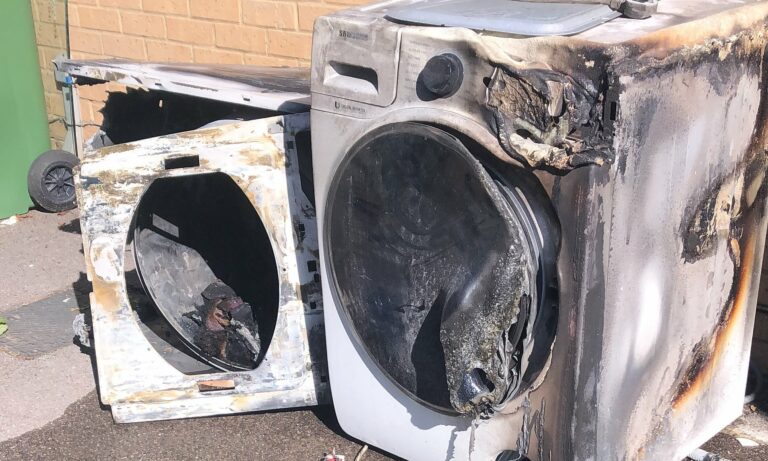Should I Buy New Hoses For A New Washing Machine?
You may have purchased a new washing machine while the other still has its parts in check.
Generally speaking, new washing machines come with exclusive features, including fill hoses.
Many people can decide to work with the old hoses first and keep the new ones for later, especially if the old one still looks like it is in great shape.
So, with that, do you still necessarily have to buy new hoses for your new washing machine?
New washing machines come with new fill hoses, so you do not necessarily need to buy another one outside. It is advisable to use the new hoses, and if you must continue with the old ones, you should be sure that there is no single sign of damage.
This article will provide reasons why you should work with a new hose for a new washing machine.
Also, we will give you the best washing machine hoses you can go for so you can save your money on fake hoses.
Should I Install New Hoses on A New Washing Machine?
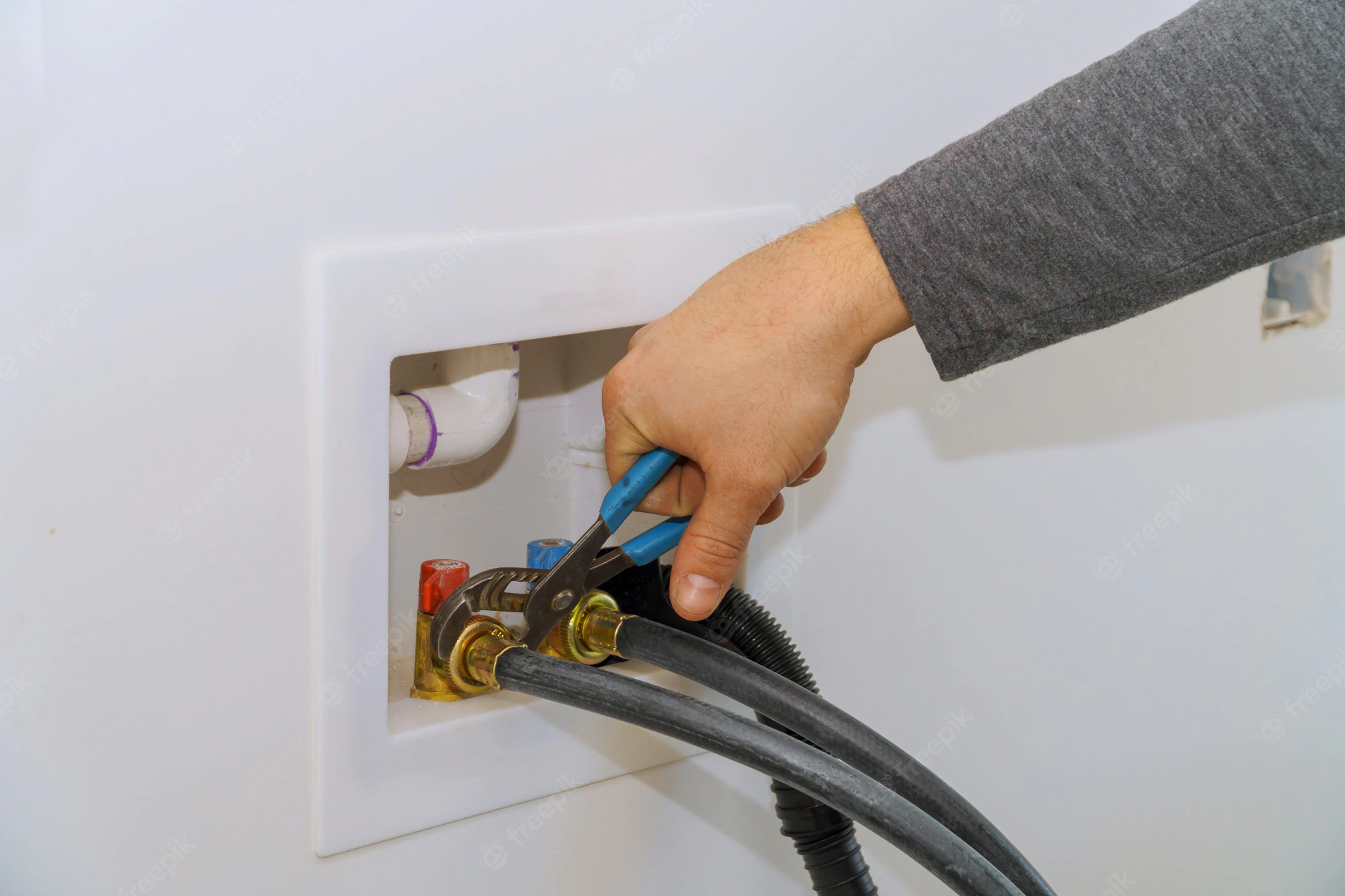
You should make use of new hoses with new washing machines. Usually, when you get a new washing machine, it comes with a complete set, including new hoses.
If you have old hoses from your old washing machine, you can still keep using them, but you have to check them properly for damage.
Even with that, it would still be better to use the new hoses to prevent replacing the older ones sooner.
Some new hoses come with filters all through the end, and if yours is like that, then you should continue with the new ones because these filters are rare with older ones.
A significant issue you can encounter with these newer hoses is that their length needs to be guaranteed to reach from the washing machine to the tap.
In cases like that, you may have to get longer ones. Knowing how to properly install your washing machine hoses is essential when you get a new one.
With this, you can prevent a flooded wash area. Replacing or installing these hoses is easy if you follow all the steps I provide.
All you would need to carry this out effectively is;
- Your washing machine hose.
- Your slip-joint plier.
- A bucket
Below are the Steps.
- Unplug your washing machine from the outlet and shut the hot and cold-water valves.
- After that, disconnect the existing hoses from the washing machine and water supply bibs (if you’re installing new ones and not replacing the hoses, you should skip this).
- Ensure your bucket is underneath the hose to catch any water from drips.
- Get our new hoses and screw them into the correct position, the hot water hose to the hot water connection and the cold-water hose to the cold-water connection.
- Screw the other end of the hoses to the water supply, matching hot to hot and cold to cold.
- Do that, and you are all done; turn on the valve and check for leaks.
- If there are leaks, ensure you use your screwdriver to tighten them.
There are two major types of hoses;
- Steel braided hoses.
- Rubber hoses.
It would help if you got these steel braided hoses because they are much stronger than rubber hoses.
Also, keep a record of your installation date to know when your hoses need replacement.
The table below is a comparison of both hoses.
| Steel Braided Hoses | Rubber Hoses |
|---|---|
| They are more durable. | They are not as strong as steel braided hoses |
| These hoses can withstand more pressure | They can easily break when you subject them to intense pressure |
| They are not flexible choices | If you want something flexible, these hoses will do better |
| They are not very easy to replace | They are much easier to replace |
| Braided hoses last longer | You would need to change them frequently |
| They are more expensive | They are cheaper choices |
How Long Do Washing Machine Water Hoses Last?
The longevity of your hose depends on the quality of its material, installation, & how often you run your machine.
These factors have to be put in place to answer this question correctly. Washing machine hoses consist of reinforced rubber, braided steel, and an auto-shutoff mechanism.
These reinforced rubber hoses are made with a mesh from braided polyester and rayon to provide additional strength.
These hoses are suitable for washers outside your home because these rubbers can withstand rain without getting rusted.
You can use these steel braided hoses if your washing machine is inside your home. The steel covering makes these water hoses less likely to burst.
When installing these steel hoses, ensure you install them in a spacious area because it is more flexible than rubber hoses. Trying to bend this hose excessively can cause damage.
The auto-shut-off hoses are my personal best. These hoses are also covered with steel and would do best when used on washers inside the home.
One fantastic feature of this hose is that it can automatically stop the water supply if it notices a burst in the hose. Doing this can save your home from water damage.
Ensure that you install every one of these hoses correctly because incorrect installation can lead to the early weakening of some parts, increasing the chances of bursting.
Do High-Efficiency Washing Machines Need Special Hoses?
The hoses in these high-efficiency washing machines are similar to the typical washing machine, but it is not advisable to use normal rubber hoses.
High-efficiency washing machines differ from the regular washing machines that we all know.
These washing machines ensure that you use less water and energy to do loads of laundry.
All you have to do is ensure that whatever hose you get is made with stainless steel. A good choice is a fluid master 9WM60P2HE high-efficiency washing machine connector.
Are Hot and Cold Water Hoses the Same?
You can get the same hose type for cold and hot water hoses. All you have to do is be sure which one is hot or cold.
Usually, the red color unit on the washing machine indicates hot, while blue indicates cold. All you have to do is replace your hoses at any sign of rust or damage.
There are several tips you follow to ensure that your hoses last longer for you.
Below are some of them.
- Replace these washing machine hoses after every three years.
- Please check on these hoses frequently to ensure they are not bent, corroded, or damaged.
- Turn off the water supply when the washing machines are not in use.
- If you cannot personally check on your washing machine’s hoses, get a professional plumber to do it for you.
- Install a water hammer arrestor; this help to absorb the shock from the water during an increase in pressure.
What Are the Best Washing Machine Hoses?
Getting quality hoses when installing your washing machines should be one of your top priorities.
When you get an excellent washing machine, it can last up to five years, but to make that happen, ensure that you also take care of the hoses.
Many believe that once they install a washing machine, the entire work is done, not knowing they occasionally have to replace the hoses.
Most of these hoses are subject to wear and tear, but some last longer than others.
Some excellent hoses for your washing machine you can try include;
- Kelaro premium stainless-steel washing machine hoses are the best ones you can find.
- K&J premium stainless-steel washing machine hoses come next after the kelaro hoses.
- Highcroft CNCT2564L hose connector.
- Shark industrial washing machine hoses, 90 degrees.
- Hippohose washing machine hoses.
- K&J two-pack rubber washing machine hoses.
- Certified appliance accessories hoses.
Factors to Consider When Choosing Your Washing Machine Hoses
You should check out certain factors to prevent premature rusting or breaking of your washing machine hoses. These factors include;
Length of The Hoses
The lengths of washing machine hoses differ from three to 12 feet, so you must choose an appropriately long hose with an extra slack inch.
It is always better when you go for longer hoses, and these would prevent cases of breakage when bending due to insufficient space between the washing and the water supply tap.
Material of The Hoses
Two primary materials are used in producing these hoses; braided stainless steel and reinforced rubber.
If you are on a budget, use the reinforced rubber option. These hoses are not products of natural rubber. Instead, reinforced rubber is the source material in production.
These hoses are very tough, but they could be more flexible. Manufacturers make use of PVC to make it stronger.
The braided steel hoses carry rubber or PVC at the core to prevent external damage.
This hose’s primary importance is that it is resistant to corrosion; even if corrosion will eventually occur in a high-humidity room, it is generally more durable.
The Temperature of The Environment
For a regular household, the cold water is usually less than 60 degrees Fahrenheit while the hot-water supply is between 90-120 degrees Fahrenheit.
Most of these washing machine hoses are suitable for handling these temperatures, but you still have to check the product specification.
Some products are tagged as blue and red for each water supply valve, so installing it the other way around can pose a problem.
You May Like To Read
- Can You Use A Studor Vent On A Washing Machine?
- Can You Use A Washing Machine Without A Boiler?
- Can I Use A Washing Machine Without Running The Water?
- Can A Washing Machine Get Rained On? (5 Steps To Protect)
- 5 Reasons Your Whirlpool Washer Stuck On Sensing Or Wash Cycle!
- 4 Reasons Your Lights Flicker When Washer is On!


